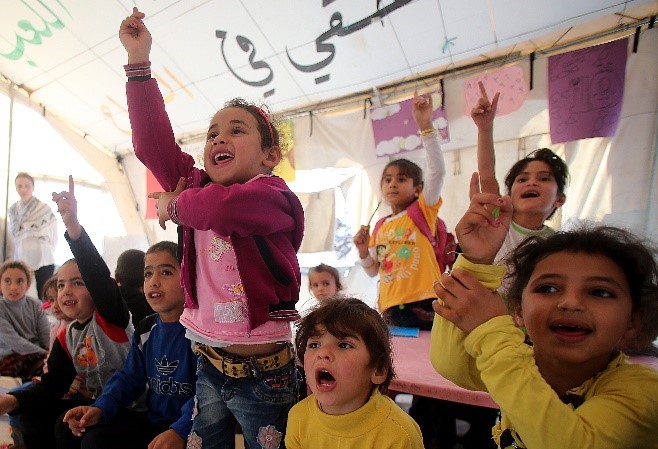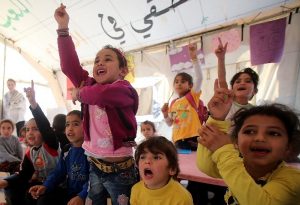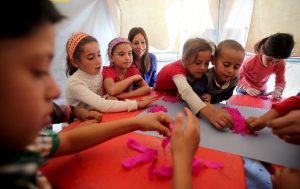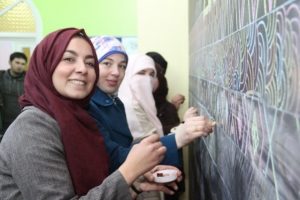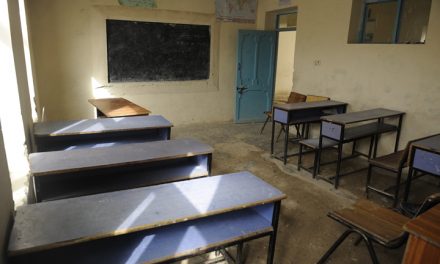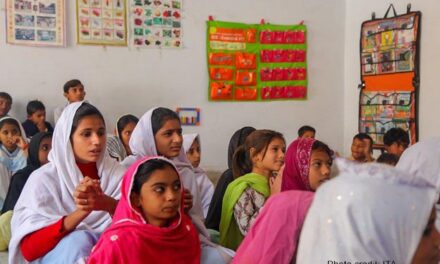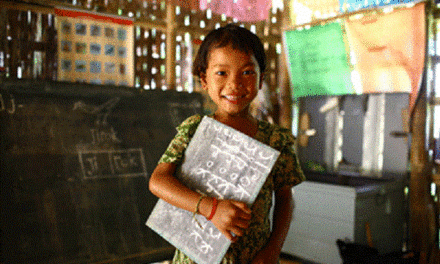This blog was written by Claire Duly (Language for Resilience Piloting and Digital Launch Consultant) and Caspar Mays (Consultant, English for Education Systems and MENA lead for Language for Resilience at the British Council) to highlight recommendations from research on the role of language and engagement with refugee and host communities.
What is the global context in refugee education and language education?
Language for Resilience was born in 2016 out of a need to address the language needs of migrants and refugees who experienced interruption to learning and life due to the Syrian crisis. As UNCHR figures continue to grow, many more learners are often having to transition into second and third languages to achieve their education and employment goals, in addition to numerous other hurdles and barriers to success. Where refugee education is kept separate from state education in host communities, it is often under-resourced and relies heavily on volunteers and donor funding, all of which are subject to strategic, political, policy change. Where refugees are integrated into more formal education systems, they often encounter linguistic, cultural and inclusion challenges.
The tenets of the British Council’s foundational Role of Language research capture the main thematic areas to be explored in refugee teaching and learning.
What is the British Council’s approach to Language for Resilience? How can this notion and understanding of resilience support teachers and learners through and after the pandemic?
The British Council’s approach, based on the principles from the Role of Language research are more relevant globally than ever, in a world of disrupted life and learning as a result of the COVID-19 pandemic.
- Home language and literacy development: creating the foundations for shared identity, belonging and future study through home language use. In a world of digital and online learning, minority languages are often under-represented on digital platforms and learning applications and this has the dual negative effect of reducing access to these platforms as well as making learners believe they need to ‘replace’ their language and identity with a more dominant or common one.
- Access to education, training and employment: again, in a world of COVID-19, access is limited to learners able to function effectively in one of the dominant global languages. Minority languages and marginalised groups are disproportionately impacted by this crisis.
- Learning together and social cohesion: language-learning activities as a basis for developing individual resilience, ensuring dignity, self-sufficiency and life skills. In the face-to-face context prior to the outbreak of the pandemic, classes where refugees and host communities could learn together provided an opportunity for increasing social cohesion and acceptance. In the digital world, these bonds and connections take longer and are not as strong as those created in the live classroom. Coupled with this is the inequality in access to digital learning and often lower digital literacy of marginalised and vulnerable populations.
- Addressing the effects of trauma on learning: language programmes as a supportive intervention and a way to address the effects of loss, displacement and trauma on behaviour and learning. As the world begins to emerge from various states of lockdown, there is likely to be the impact of the profound trauma experienced through this global crisis. Now, more than ever, understanding and addressing the effects of trauma on learning (and the effect of learning on supporting trauma) need to be central to the education systems and educators that emerge. These will be forever changed, and have the opportunity to become better, safer and more inclusive spaces focused on protection.
- Building the capacity of teachers and strengthening educational systems to create inclusive classrooms: professional training for language teachers to build institutional resilience. Leading on from the previous point, individuals’ and institutions’ collective resilience has been tested during this pandemic and where small fractures existed, they have become broad and broadening cracks – exposing the inequalities and vulnerabilities that were there all along. Only through the deliberate and intentional efforts of all actors, can resilience be fostered and developed.
What are the recommendations from recent research?
The British Council continues to develop its knowledge and understanding of this important area of work through commissioning research.
The 2018 cross-disciplinary perspectives on the role of language research extends the original research findings from 2016 by bringing together responses from a group of specialists working in each of the five areas.
The 2019 language mapping report shows how the informal education sector in Jordan has created greater language learning provision since the start of the Syrian war in 2011, but also highlights that there are many challenges with the delivery of these classes, including their format, the levels on offer, a ‘fear’ of English, and a lack of formal teacher training, amongst other concerns.
A second 2019 report from Jordan explores the role that languages play in the lives of young refugees, as well as the learning opportunities they encounter. It highlights the challenges of language learning in refugee-hosting communities. It concludes there is a need for improved quality of language learning and wider access to it. This is demonstrated by the perceived benefits it can bring to individuals and groups.
In 2020, with LearnJam the British Council explored best practices for engagement with digital educational resources among refugee and host community youth in Jordan. The report draws together current thinking in digital engagement, with voices from the field including disadvantaged youth in Jordan from refugee and host communities.

